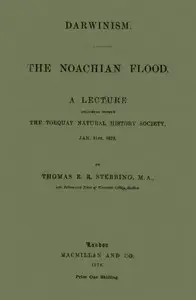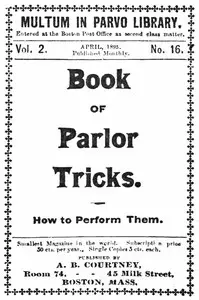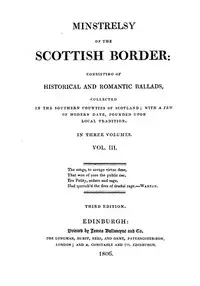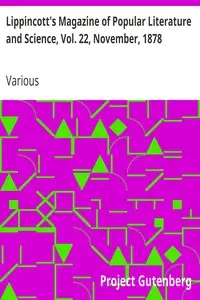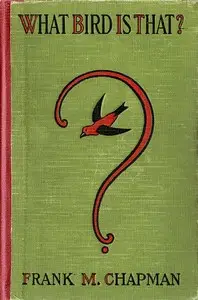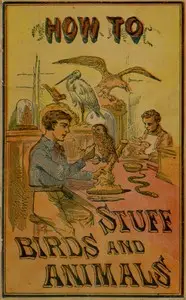"Essays on Darwinism" by Thomas Roscoe Rede Stebbing is a collection of essays written in the late 19th century. This work delves into the implications and nuances of Darwin's theories of natural selection and evolution, emphasizing the importance of understanding the science behind these groundbreaking ideas. Stebbing addresses common misconceptions, critiques of Darwinism, and the connections between evolution and broader existential queries about life and humanity. The opening of this scholarly work serves as a preface, laying the foundation for a more in-depth exploration of Darwinian thought. Stebbing praises Darwin's clarity and commitment to truth while critically examining the misunderstandings surrounding his theories. He highlights how many reject Darwinism without engaging with the material and emphasizes the need for a thoughtful and open-minded exploration of these scientific principles. This introduction sets the stage for subsequent essays, which promise to tackle various aspects of Darwinism, the intersection of science and religion, and the implications of evolutionary theory for humanity and morality. (This is an automatically generated summary.)
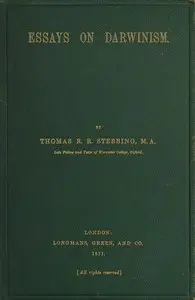
Essays on Darwinism
By Thomas Roscoe Rede Stebbing
"Essays on Darwinism" by Thomas Roscoe Rede Stebbing is a collection of essays written in the late 19th century. This work delves into the implication...
The Reverend Thomas Roscoe Rede Stebbing was a British zoologist, who described himself as "a serf to natural history, principally employed about Crustacea". Educated in London and Oxford, he only took to natural history in his thirties, having worked as a teacher until then. Although an ordained Anglican priest, Stebbing promoted Darwinism in a number of popular works, and was banned from preaching as a result. His scientific works mostly concerned crustaceans, especially the Amphipoda and Isopoda, the most notable being his work on the amphipods of the Challenger expedition.

